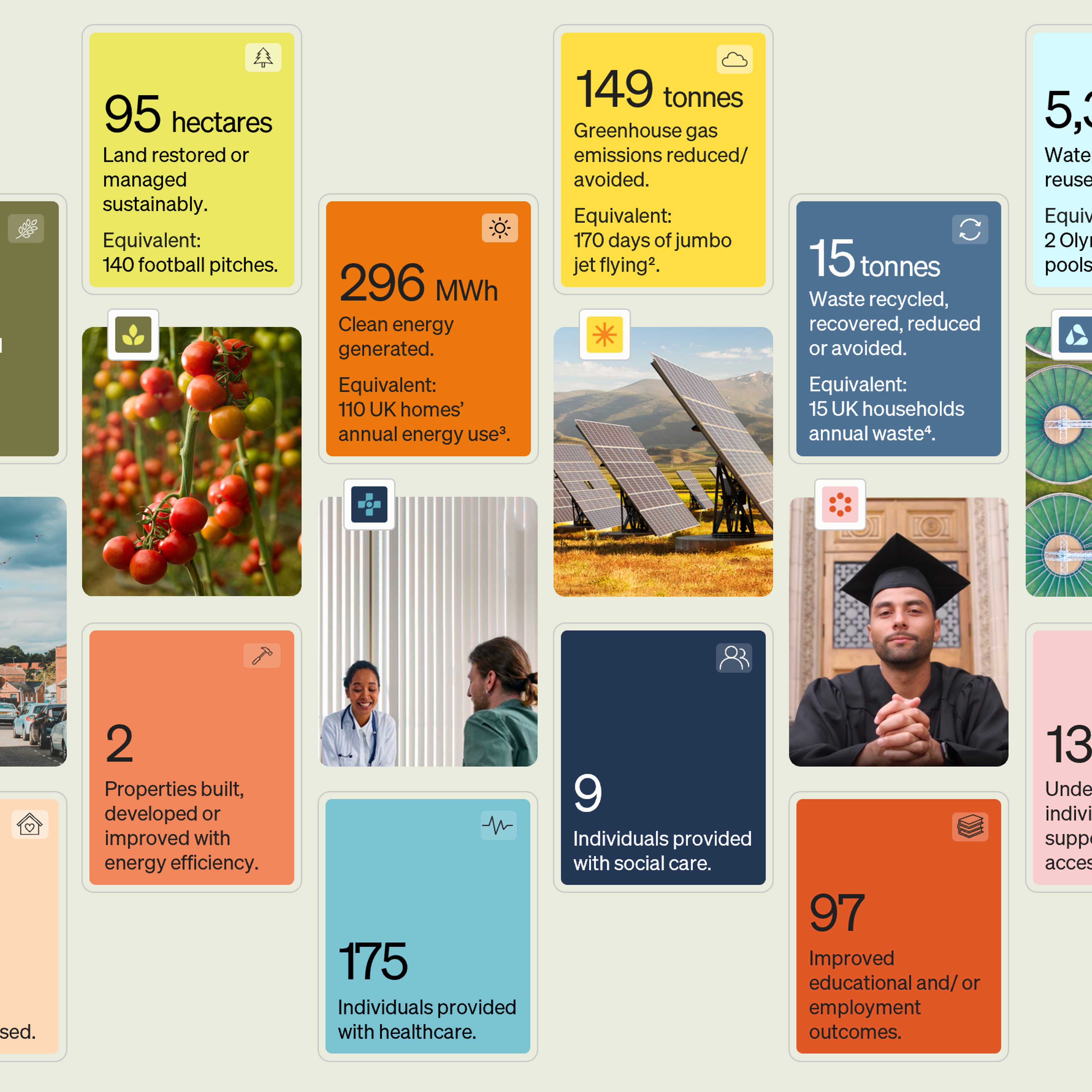Investment with the future priced in

Laura Boyle, Principal, Snowball
Sun 10 September 2023

The effects of environmental degradation and social problems left unaddressed are becoming increasingly acute, and begin to threaten the viability and valuations of traditional assets meaning that the mainstream investment industry is underpricing both climate and inequality risk.
“The severe economic and financial consequences of climate change are also clear, particularly given the enormous shortfall to date in spending on adapting to what is to come. Yet there is very little evidence of asset prices adjusting to reflect these developments. Whatever the reasons for the markets’ current equanimity on climate risks, a sharp adjustment looks increasingly probable.”
Chatham House
“A growing number of financial institutions, ranging from BlackRock to the Bank of England, have warned that markets may not be accurately incorporating climate change-related risks into asset price The under-pricing of corporate climate risk contributes to the negative effects of climate change itself, as the mispricing of risk in the present leads to a misallocation of investment capital”
Carbon Tracker
Financial analysis is disconnected from the latest climate science and research into the effects of inequality meaning that capital allocation is not taking the risks stemming from fast changing public opinion, policy and technology adaption into account when discussing the medium to long term outlook for portfolios. In July 2023, Chatham House published a report suggesting “the stark disconnect between climate science and financial market sentiment will eventually end. It looks increasingly likely to be a sudden and painful adjustment.”
An in depth Financial Times article shared how climate risk is not being sufficiently factored in to investment decision making or valuations.
The UK Pensions Regulator recently raised concerns over scenario planning that “seem relatively benign and appear to be at odds with established science”
A new report from the Institute and Faculty of Actuaries works backwards from an as-yet undefined temperature at which the world’s economy would plausibly cease to function. Using this logic, the report’s authors suggest that half the world’s GDP could be destroyed as early as 2070
The Financial Stability Board (FSB) warned that the scenarios used to assess risks to the financial system may understate climate vulnerability, while Carbon Tracker tell us that an abrupt correction of asset values is possible once markets recalibrate the likely impacts of climate change
University College London Professor Steve Keen predicts the shocks ahead will be “unpleasant, abrupt and wealth-destroying”
The Snowball portfolio aims to mitigate climate and inequity risks by contributing to solutions and investing in the building blocks of a more balanced and sustainable economy. We describe this as investment with the future priced in.
"We encourage more owners and stewards of capital to investigate impact investment opportunities – they may require more work and expertise, but we believe not doing so leaves portfolios exposed to long-term risks that are often not adequately compensated.”
Sean Farrell, CIO, Snowball
Key terms
“Pricing in” risk to investment valuations
A growing number of financial institutions, ranging from BlackRock to the Bank of England, have warned that markets may not be accurately incorporating climate change-related risks into asset prices. This underpricing of corporate climate risk contributes to the negative effects of climate change itself, as the mispricing of risk in the present leads to a misallocation of investment capital, hindering future adaptation and subsidizing future fossil combustion. These risks could accumulate to the macroeconomic scale, generating a systemic risk to the financial system.
Madison Condon, Market Myopia's Climate Bubble , in 2022 Utah Law Review 63 (2021). https://scholarship.law.bu.edu/faculty_scholarship/1087
Externalities
If a factory pollutes a nearby river while producing goods, the people downstream who rely on that river for drinking water or fishing suffer the negative consequences of pollution. In the context of investment and economics, an externality refers to the unintended impact of an economic activity on stakeholders who are not directly involved in that activity, and whose interests are not taken into account when the economic transaction occurs. Externalities can be either positive or negative.
Global Finance Can’t Afford to Ignore Externalities Any Longer, Bloomberg, https://www.bloomberg.com/news/articles/2020-04-08/global-finance-can-t-afford-to-ignore-externalities-anymore?leadSource=uverify%20wall
Stranded assets
Stranded assets are now generally accepted to be those assets that at some time prior to the end of their economic life (as assumed at the investment decision point), are no longer able to earn an economic return (i.e. meet the company’s internal rate of return), as a result of changes associated with the transition to a low-carbon economy (lower than anticipated demand / prices). Or, in simple terms, assets that turn out to be worth less than expected as a result of changes associated with the energy transition. https://carbontracker.org/resources/terms-list/#stranded-assets


